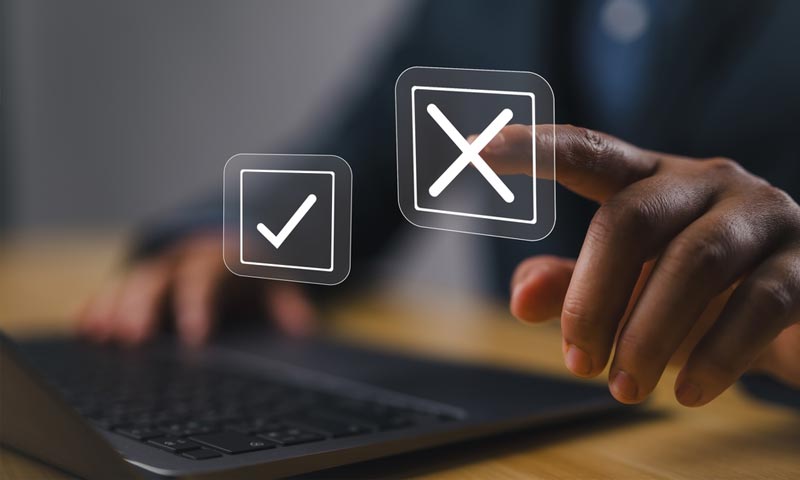
The Past Has No Power Over The Present
Last night was an incredible evening in DC with my favorite, Eckhart Tolle. Two hours of pure wisdom mixed with his usual subtle humor. And there he was, sitting calmly in the middle of the stage, a quiet presence that filled the entire room. There’s so much noise in...
Change the Culture, Change the Outcome
The title of the article reflects a principle that we are very familiar with. Culture has everything to do with everything! Peter Drucker, the world renown business management consultant, educator, and author has been quoted many times. Two of my personal favorites...
Simplicity vs Complexity
Often people build too much complexity into their lives, and complexity can pull from their joy and happiness. It can drain the strength that enables them to be their best and impact others. Living simply brings a balance to our lives. It’s more than just a trend...
The Measure of Intelligence Is the Ability to Change
Someone once said and it’s often attributed to Einstein, although we don’t really know for sure; “The measure of intelligence is the ability to change.’” I just read an article about a Reddit thread where someone asked – What’s a subtle sign that someone is...
Strategic Actions for Achieving Simplicity (The How)
Awareness You must think before you do. All actions—and hence all results—follow thinking. Take the time to reflect and give strong thought to your life and the life you want to live. Is it too complex? Too simple? Chances are, when you answer the previous two...November 2025 Newsletter
This newsletter is archived as a webpage: View Newsletter...
Beyond the Gig Economy Label
Beyond Two Words: Gig Economy There is more to the Gig Economy. In mature markets throughout the world, the word “work” is being redefined by digital platforms that represent the company, not the office building or the corporate campus. Part-time work opportunities...
You Are The Most Important Equalizer
We are living in a new economy whereas technology impacts everything we do in our daily living and working. The work possibilities for those who seek flexibility and freedom in how work can be accomplished have never been greater. The possibilities to become an...